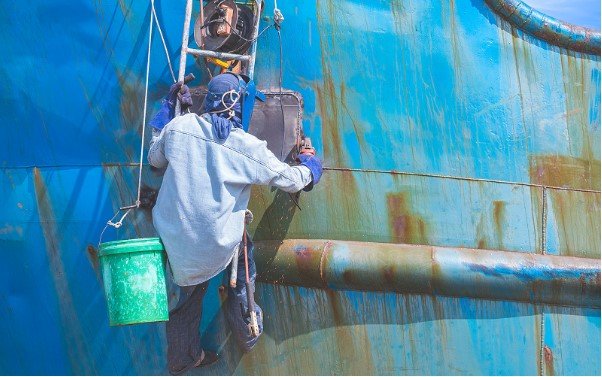Marine operations rely on a wide range of systems working together, from navigation and propulsion to cargo storage and fuel handling. Yet one essential area that gets little attention outside the industry is cleaning. Marine cleaning services may not attract the spotlight, but they are indispensable to safety, compliance, and operational readiness. Without proper cleaning routines in place, vessels face risks that can disrupt schedules, damage equipment, and compromise crew welfare.
Meeting Stringent Compliance Requirements
Maritime regulations place heavy emphasis on environmental protection and operational safety. From the International Maritime Organization (IMO) to port state controls, vessels are expected to maintain strict cleaning and waste disposal standards. Inadequate cleaning can result in detentions, fines, or revoked clearances.
Professional marine cleaning services help vessels stay compliant with discharge standards, ballast water controls, and pollution prevention rules. The documentation and procedures used during cleaning are part of the official record during inspections.
Why Tank Cleaning Is a Priority, Not an Option
Tank cleaning is one of the most technical aspects of marine cleaning, particularly for ships carrying oil, chemicals, or bulk cargo. Tanks that are not cleaned properly between voyages risk contamination, safety violations, or even hazardous chemical reactions. Sludge, residue, and moisture can build up, making it difficult to load new cargo safely or pass inspection.
Tank cleaning services require experienced crews and strict protocols. The cleaning process varies based on tank type, previous contents, and intended use. It may involve high-pressure washing, chemical agents, or manual scrubbing. Each step must be performed meticulously to avoid cross-contamination and ensure tanks meet operational and regulatory standards.
Maintaining Engine Rooms and Bilges
Beyond cargo tanks, engine rooms and bilge areas require consistent maintenance to prevent leaks, corrosion, and fire hazards. Oil spills and waste buildup in these spaces can interfere with mechanical systems or trigger regulatory action. Cleaning here is less about aesthetics and more about performance and risk control.
Marine cleaning teams follow detailed procedures for degreasing surfaces, clearing drainage lines, and managing hazardous waste. These efforts contribute directly to equipment longevity, reducing the chance of unplanned repairs during voyages.
Controlling Biofouling and Corrosion
Biofouling occurs when marine organisms like algae, barnacles, and mussels accumulate on submerged surfaces of a ship. Left untreated, this growth increases drag, reduces fuel efficiency, and accelerates wear on structural components. Marine cleaning helps manage biofouling through hull inspections, underwater cleaning, and surface treatments.
Corrosion, particularly in saltwater environments, is another constant threat. Cleaning removes corrosive elements before they cause structural damage. These tasks may be repetitive, but they are vital to extending the service life of a vessel and preventing costly downtime.
Learn More: A healthy ship is a happy ship: Avoiding the risks of air duct contamination
Supporting Hygiene and Crew Safety
Marine cleaning also addresses the human environment on board. Galleys, sleeping quarters, and communal spaces must be kept clean to prevent illness and ensure hygiene for crew members who spend long periods at sea. Poor sanitation can impact morale, contribute to infections, and violate occupational health standards.
Cleaning routines in these areas involve disinfection, ventilation maintenance, and waste management. Proper hygiene practices are not simply for comfort—they support safe working conditions in a demanding environment.
Minimising Downtime and Maximising Efficiency
Unscheduled maintenance can delay voyages and affect shipping contracts. Dirty tanks, clogged systems, or contaminated compartments can ground a ship until the issue is resolved. Regular marine cleaning helps prevent these problems from escalating.
Efficient cleaning routines shorten turnaround times between voyages, support fast cargo transitions, and keep operational disruptions to a minimum. Cleaning may be one of the last things visible on a checklist, but it’s one of the first lines of defence against mechanical and logistical issues.
Investing in Durability and Operational Readiness
Cleaning is an investment in a vessel’s longevity. The maritime environment is harsh—salt, pressure, and chemical exposure create constant stress on metal and machinery. Marine cleaning ensures that vessels can continue operating in peak condition without degrading prematurely.
Tank cleaning services and ongoing maintenance extend far beyond surface-level results. They prepare vessels to perform under pressure, meet client expectations, and adhere to global standards.
For more information about marine cleaning services, visit BELFOR Restoration Services today.

